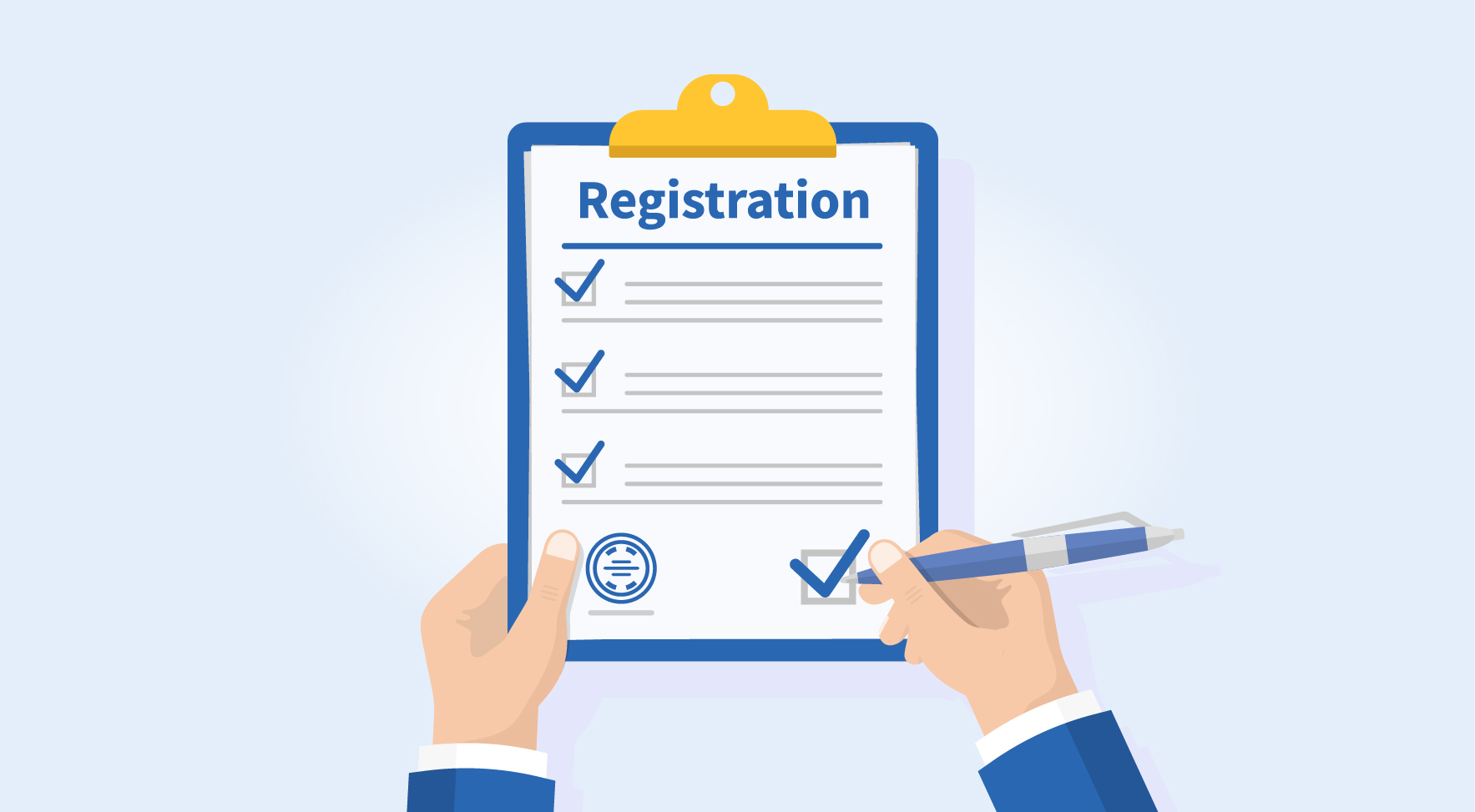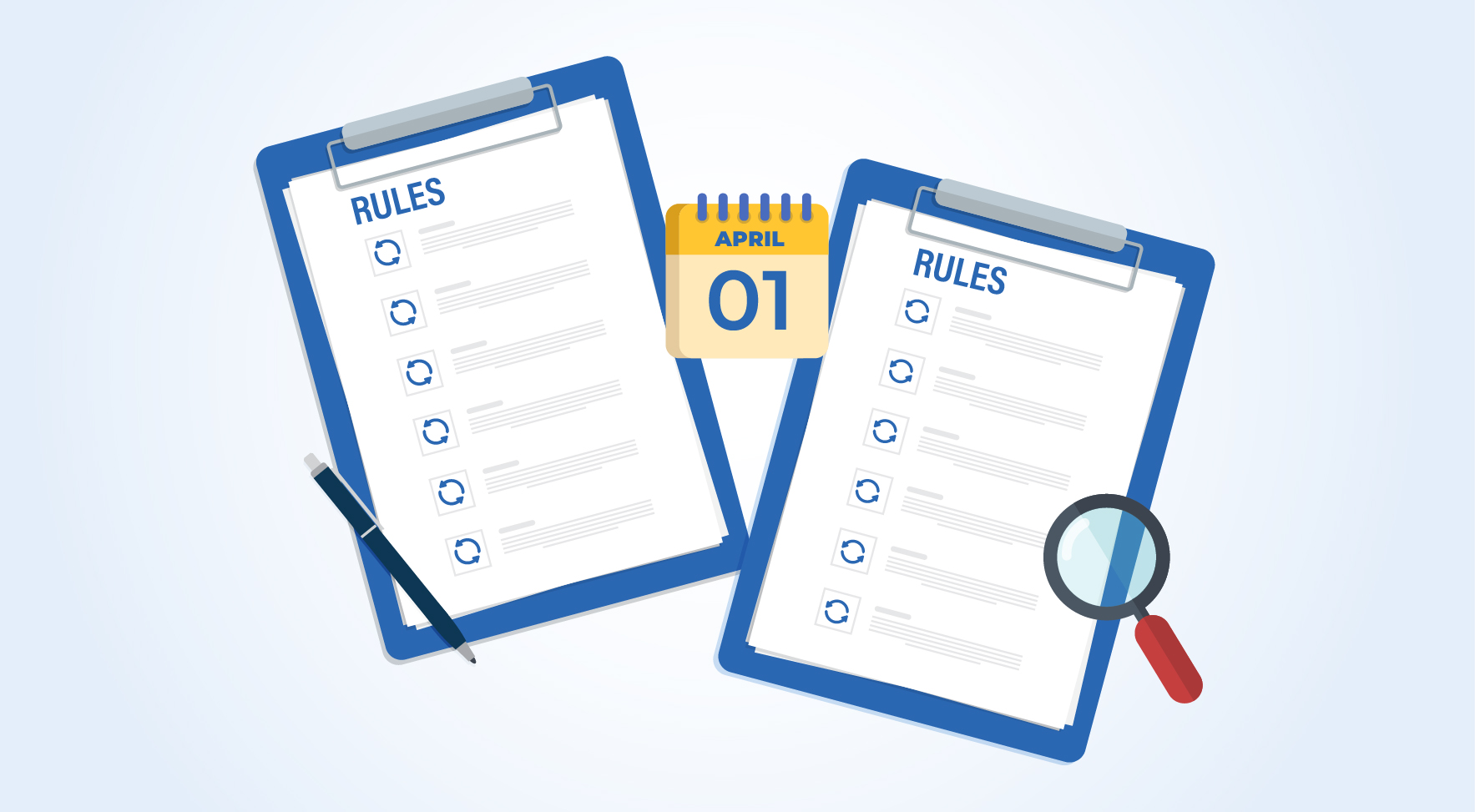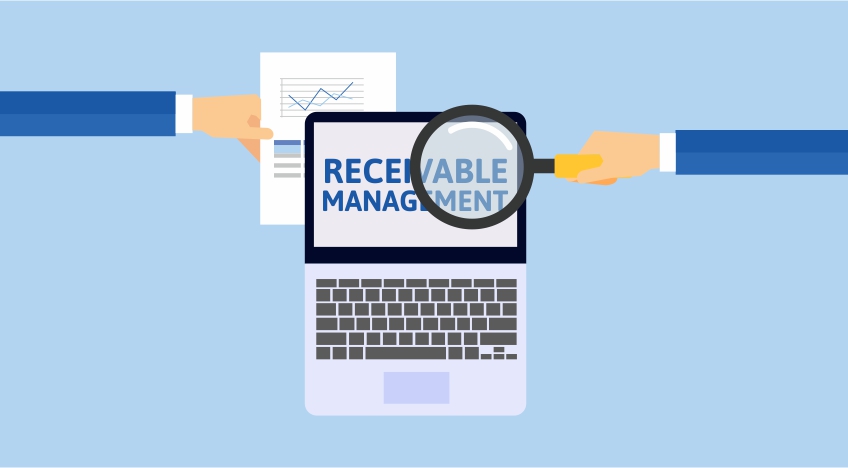Tally Solutions |Updated on: February 8, 2022
- What is receivable management?
- Objectives of receivable management
- Importance and benefits of receivable management
- Scope of receivable management
What is receivable management?
Account receivables refer to the outstanding invoices or money which is yet to be paid by your customers. Until it is paid, such invoices or money is accounted as accounts receivables. Also known as bills receivables. You need cash all the time to keep your business running smoothly and ensuring the accounts receivables are paid on time is essential to manage cash flow efficiently.
And as the term suggests, management of your accounts receivable is called receivable management. Basically, the entire process of defining the credit policy, setting payment terms, sending payment follow ups and timely collection of the due payments can be defined as receivables management. Management of Receivables is also known as:
- Payment Collection
- Collection Management
- Accounts Receivables
Interested to know more about accounts receivable? Check out this video!
Objectives of receivable management
Even though management of receivables seems to be simple, but it could become a very tedious task to manage, depending on the nature of your business. As your business grows, your processes also evolve and become more and more complex, thus, the accounting software to manage your receivables must mould itself to match up to your company standards and needs. Now to run a business successfully, what is that one thing that you need? Money! Right? So, to keep your cash inflow at its optimum, it is crucial that you keep a close watch your receivables. Thus, below are some of the primary objectives to receivables management:
Helps improve cash flow
It is obvious that sound receivable management will help business owners keep their cash inflow steady. This process will give you a clear picture of where your cash is stuck while maintaining a systematic record of all sales transactions. It ensures that you have a sufficient amount of cash to take care of your everyday transactions, and you do not give credit facilities over and above your credit policies or credit limit.
Reduces losses incurred due to bad debts
Blocked cash means lack of funds to conduct your everyday activities. No business would want to face any kind of losses. If receivables aren’t managed efficiently, they would result in bad debts ultimately resulting in losses. Receivable management will let you keep a close track on the payment schedule so that you can regularly follow up with your debtors and maintain optimum levels of cash flow.
Improved customer satisfaction
Since receivables management also keeps a track of your buyers and their payment performance, you can improve your relationship with your customers by giving them discounts and offers for maintaining a steady payment record. This also helps increase transparency between your business and your customers, thus building a stronger bond with a lasting relationship.
Boost up sales volume
Receivable management helps increase sales resulting in increased profitability. Businesses can extend credit facilities to their customers which will help them boost their sales volume, as more customers would avail this facility by purchasing products on a credit basis.
Find out how to record accounts receivables in the books of account?
Importance & benefits of receivable management
Management of receivables refers to planning and controlling of debt owed to the customer on account of credit sales. In simple words, the successful closure of your order to sales is determined only when you convert your sales into cash. Till your sales are converted into cash, you need to manage ‘how much you need to receive? from whom? And when?
To do this, you need accounts receivables management, popularly known as a credit management system in place.
Another reason, accounts receivables are one of the key sources of cash inflow and given the volume of credit sales, a large amount of money gets tied-up in accounts receivables. This simply implies that so much of money is not available till it is paid. If these are not managed efficiently, it has a direct impact on the working capital of the business and potentially hampers the growth of the business.
Take a look at 6 tips to manage accounts receivables efficiently
Scope of receivable management
When you do sales on credit, you would certainly need to keep track of the due amounts that your parties owe you. All such dues from your parties will be your outstanding receivables. Managing the outstanding receivables can be critical to your business because it not only helps to understand how much your parties owe you, but also helps you to recover the dues on time and use it for your business, as needed.
- Record and track dues
- Use credit period
- Keep a close eye on long-pending bills
- Payment performance of your customer
Find out how you can manage receivables in TallyPrime here!
Managing accounts receivables efficiently will benefit the business in several ways. The most important is the increased cash inflow by a faster realization of sales to cash. It also helps you to build a better relationship with your customer by not having discrepancies in pending bills and mitigates the risk of bad debts. All these require you to be top of your account’s receivables and you can easily achieve this by using accounting software. It helps you track, monitor, and on-time action on overdue/long-pending bills resulting in an increased inflow of cash that is essential for business growth.
Read more on Cash and Credit Management:
Latest Blogs

Nuts & Bolts of Tally Filesystem: RangeTree

A Comprehensive Guide to UDYAM Payment Rules

UDYAM MSME Registration: Financial Boon for Small Businesses

Understanding UDYAM Registration: A Comprehensive Guide

MSME Payment Rule Changes from 1st April 2024: A Quick Guide

Are Your Suppliers Registered Under MSME (UDYAM)?


